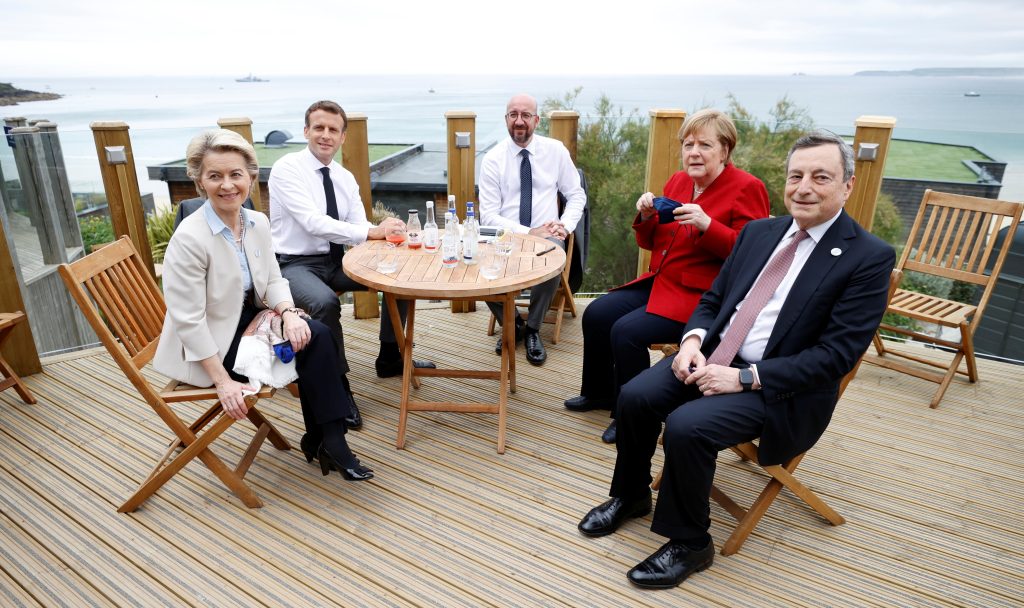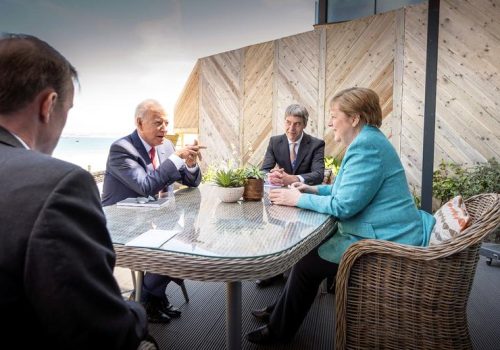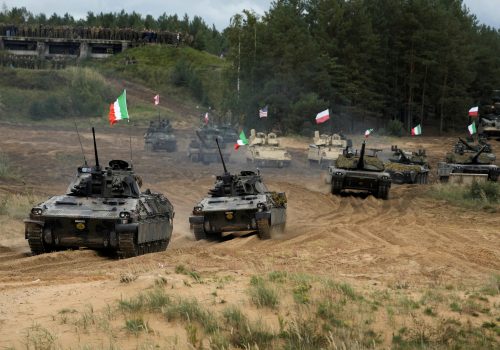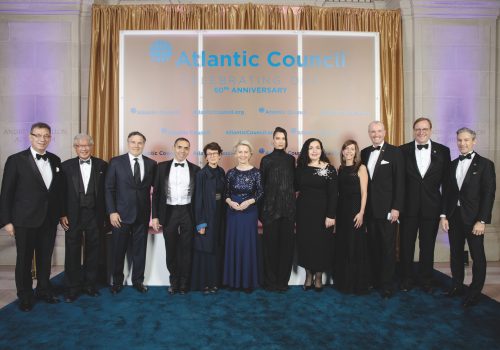The Scowcroft Center for Strategy and Security works to develop sustainable, nonpartisan strategies to address the most important security challenges facing the United States and its closest allies and partners. The center honors General Brent Scowcroft’s legacy of service by embodying his ethos of nonpartisan commitment to the cause of security, his support for US leadership in cooperation with allies and partners, and his dedication to the mentorship of the next generation of leaders.
In 2021, the center’s work reflected its enduring core competencies: strategy and foresight; alliances; and defense. Its top priorities included helping the United States and US allies navigate great-power competition with China, revitalize the rules-based international system, and harness emerging national security technologies. As global events unfolded, the center responded in turn. When the Biden administration took office, the center provided one hundred ideas for the administration’s first one hundred days. As crisis surged in Afghanistan, the center provided real-time analysis with a series of publications and events. The Scowcroft Center also offered crucial thought leadership on complex issue areas such as Indo-Pacific alliance agendas, software supply chain vulnerabilities, China’s strategic weapons, and putting China on the transatlantic agenda.
The center leveraged its momentum in 2021 to launch the Scowcroft Strategy Initiative, designed to cultivate an ecosystem of strategic thinkers and develop sustainable, nonpartisan national security strategies. The initiative will also honor General Scowcroft’s memory with a new mentorship program and legacy conference.
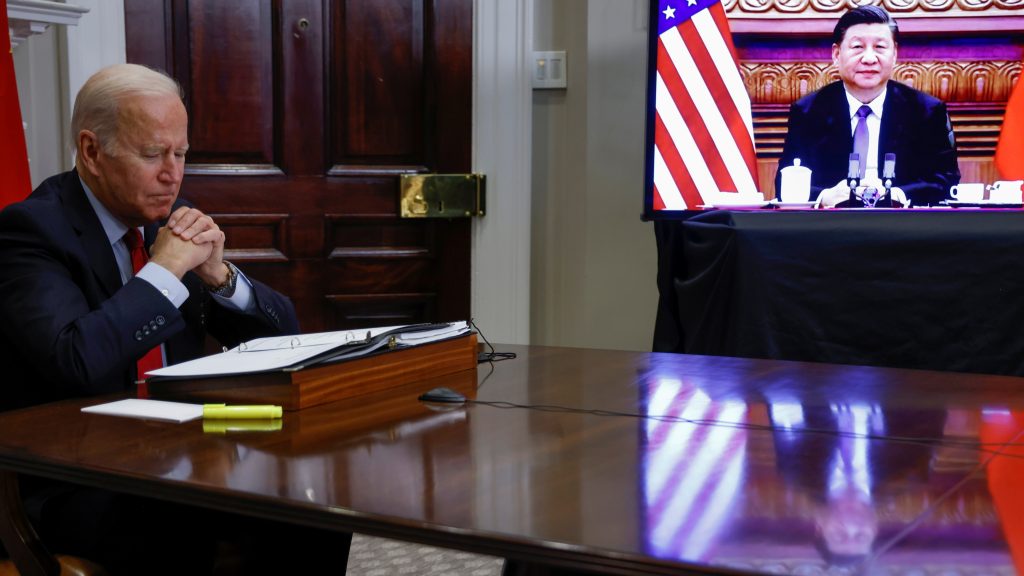
The center had a major impact on US and allied strategies for China. It produced two strategy documents read widely by senior government officials. The Longer Telegram: Toward a New American China Strategy, an Atlantic Council strategy paper and the most downloaded publication in Atlantic Council history, outlines an approach for the United States and its allies and partners to respond to China’s rise. The China Plan: A Transatlantic Blueprint for Strategic Competition provides a roadmap for transatlantic cooperation to manage the challenges and opportunities that China continues to pose. In addition, Scowcroft Center experts helped inform the Biden administration’s National Security Strategy, National Defense Strategy, Nuclear Posture Review, and Quadrennial Homeland Security Review.
“In 2021, the Scowcroft Center had a wide range of impacts across several of the Atlantic Council’s top priorities, including by informing US and allied national security and defense strategies, helping to adapt America’s alliances in the Indo-Pacific and Europe for our new era, and providing actionable recommendations for harnessing technologies for great-power competition.”
Barry Pavel
2021 was a breakout year for the center’s work on remaking the rules-based system. President Biden’s articulation of a global “inflection point” between autocracies and democracies, the signing of a new Atlantic Charter with the United Kingdom, and the Biden administration’s hosting of the first-ever Summit for Democracy all reflect longstanding Scowcroft Center analysis and recommendations. Alliance of Democracies: From Concept to Reality in an Era of Strategic Competition is the third report in a five-part series calling for new institutions to strengthen democratic cooperation in an era of strategic competition.
The center broadened the scope of US-Asian alliances to include cooperation in areas such as emerging technology, climate change, public health, and global supply chains. In that vein, The Future of the US-ROK Alliance provides an actionable roadmap for the Biden and Moon administrations and several of the report’s recommendations were adopted. Scowcroft Center experts were also early leaders in calling for the United States to engage in more ambitious overseas vaccine diplomacy through the publication of Reality Check #6: The Consequences of an ‘America First’ Vaccine Policy.
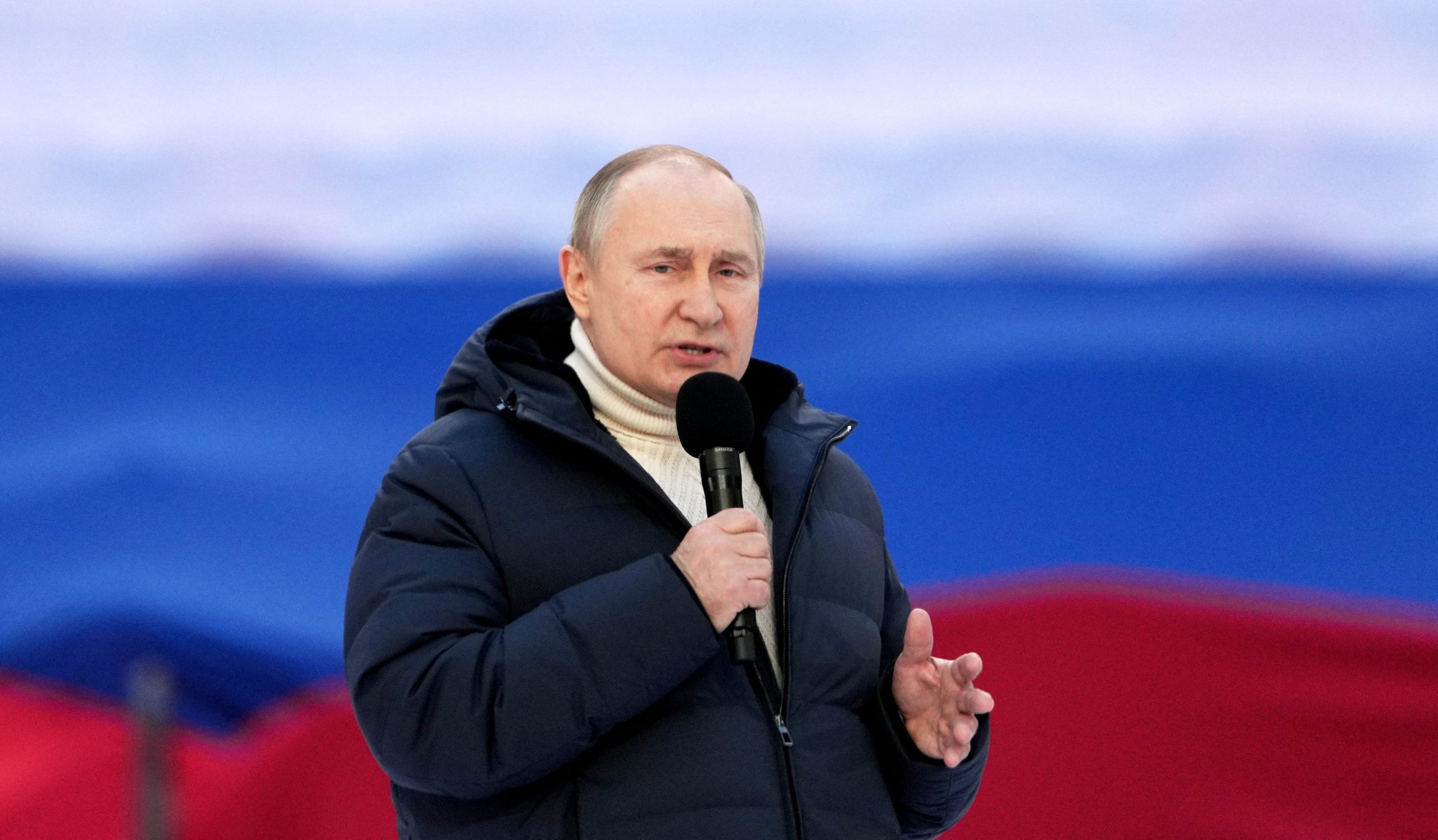
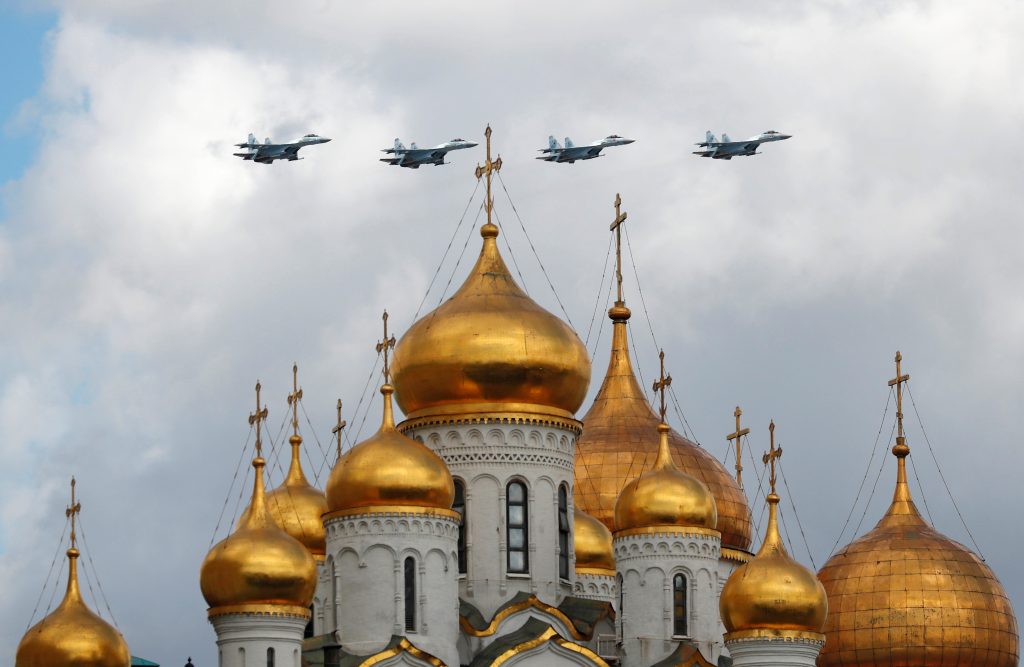
Finally, on national security technology, the Scowcroft Center was ahead of the curve in highlighting software supply chain vulnerabilities. Broken Trust: Lessons from Sunburst identifies three lessons learned from the Sunburst crisis and provides recommendations to improve US competitiveness in the broader intelligence contest. In addition, the center published The Future of Security in Space: A Thirty-Year US Strategy, an Atlantic Council strategy paper, which provides a thirty-year plan for the United States and its allies and partners to achieve security and prosperity in space.
Vision for 2022
In 2022, the Scowcroft Center will continue to strengthen its core competencies of strategy, alliances, and defense. It will prioritize the emerging tripolar strategic competition among the United States, Russia, and China, including helping its stakeholders to understand the consequences of Russia’s invasion of Ukraine. The center will propose new institutions for democratic cooperation: a democratic technology alliance and strategic trade framework. Finally, the center will add a new priority: helping the United States and its partners navigate the unfolding national security implications of climate change.
Next
Read the full report
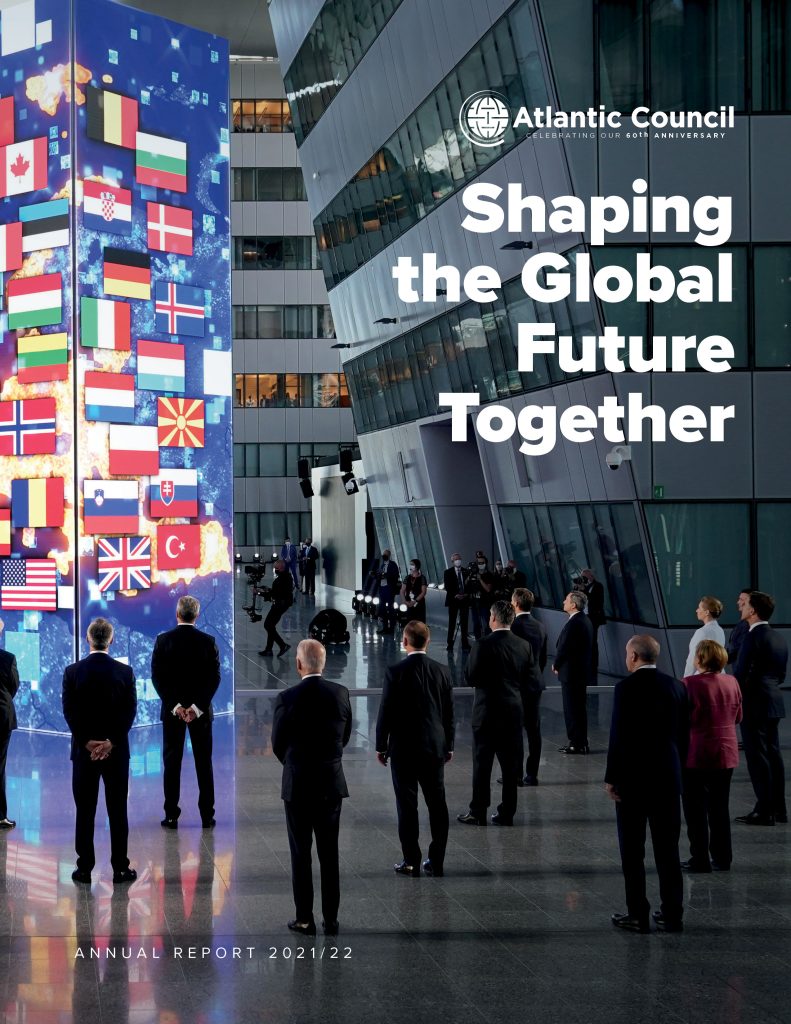
Annual Report 2021/2022
The Atlantic Council has never been more robust operationally, substantively, or financially in its sixty-year history. This comes at a time when our work has never been more crucial in the face of complex, daunting, and worldwide challenges.
Image: European Commission President Ursula von der Leyen, French President Emmanuel Macron, European Council President Charles Michel, German Chancellor Angela Merkel, and Italian Prime Minister Mario Draghi pose for a photo at the G7 summit in Carbis Bay, Cornwall, Britain, June 11, 2021. REUTERS/Phil Noble
